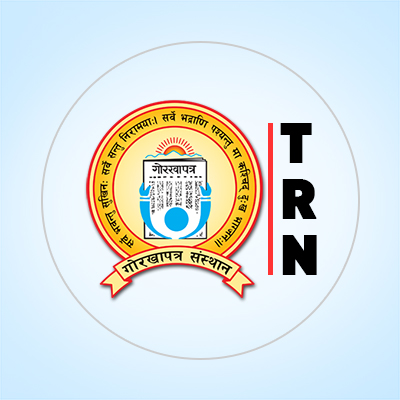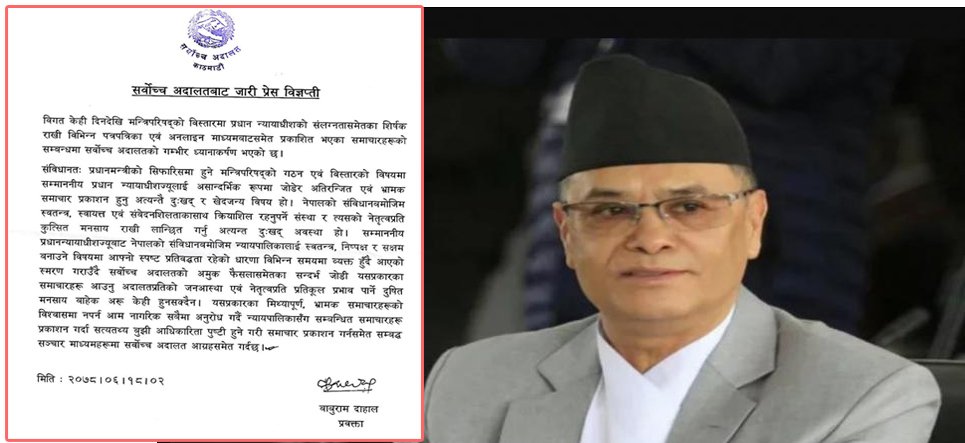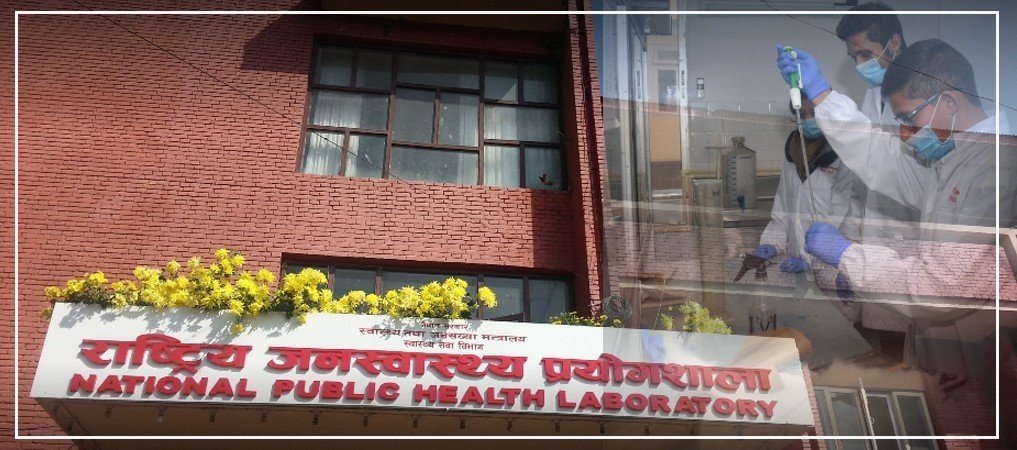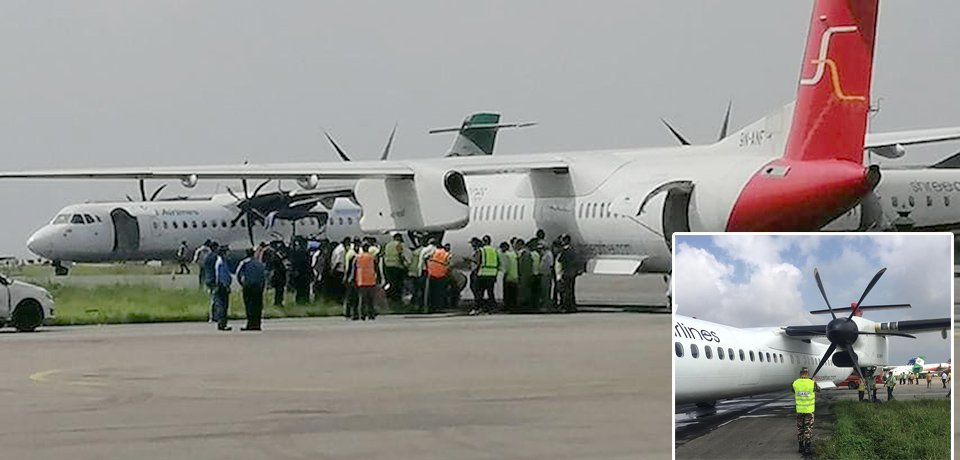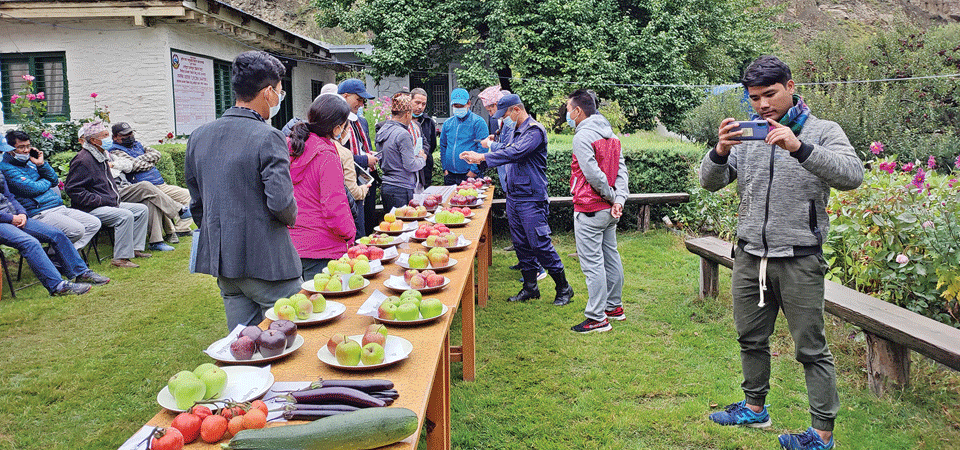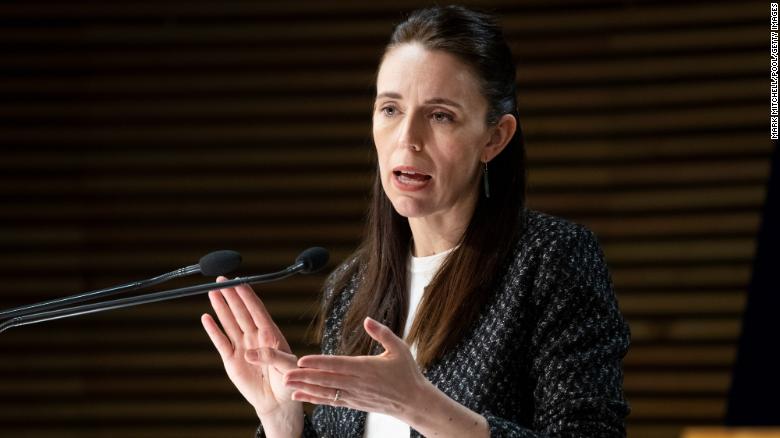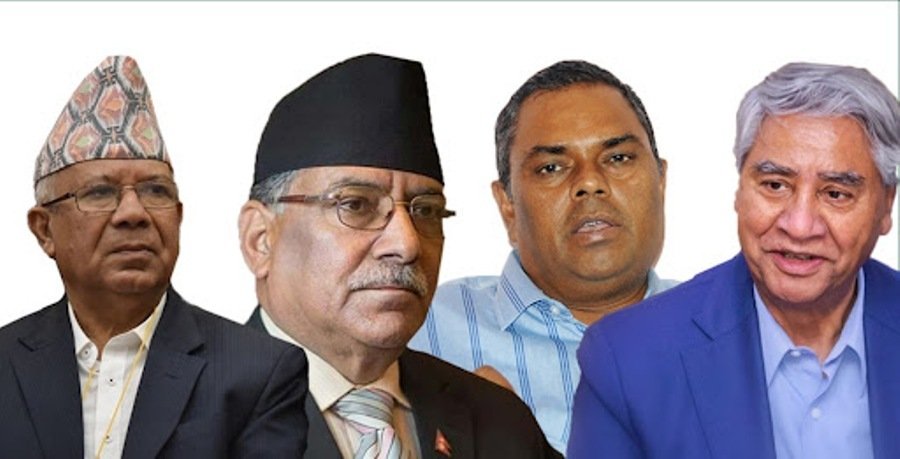Bridging Gender Gap
With the theme 'Gender equality today for a sustainable tomorrow', International Women's Day (IWD) is being marked with a variety of programmes across the world today. As IWD's slogan suggests, this day is highlighting the contributions of women and girls around the globe to the participation of communities in climate change adaptation, mitigation, and response in order to create a more sustainable future for everyone. The United Nations started celebrating IWD since 1975. That year was also declared as the International Women's Year.
Two years later, the United Nations General Assembly (UNGA) announced March 8 as an official UN holiday for women's rights and world peace. Since then, the world body has been observing IWD each year focussing on a specific theme or campaign in regard to women's rights. Currently, IWD has turned out to be one of the most significant events worldwide. As a UN member state, Nepal, too, celebrates this day with an aim of reducing the gender gap by improving women's overall status.
UN Women and many women's rights organisations have been working towards ensuring gender equality. Several global rallies and online campaigns have inspired women from different parts of the globe to fight injustice and speak out on numerous relevant issues such as sexual harassment and assault and the gender pay gap. With the development of digital technology and social media, such initiatives have been instrumental in sensitising people about gender issues worldwide. With different political and social movements, Nepali women's social and economic status has undergone significant transformation over the years. They have also become more empowered politically as compared to the past. Nepal is one of the few nations in the world to have a female President.
In line with the constitutional provisions, political parties seem to be encouraging more women to join politics. In the first federal, provincial and local elections held in 2017, the number of female candidates filing their candidacies was quite promising. The country's bureaucracy has also witnessed a rising number of women. All this indicates that more women have access to the state's decision-making level, too. Despite having a patriarchal social structure, Nepal has been able to make the fastest progress among South Asian nations in closing gender-based gaps.
As per the Women, Business and the Law 2022 index released by the World Bank, the country has outperformed all the countries in the region in this index with a score of 80.6 points out of 100. The Women, Business and the Law 2022 index has identified the laws and regulations that restrict women’s economic opportunity in 190 nations.
However, women and girls in Nepal have been reeling from a myriad of socio-cultural disparities. Despite laws, the country reports an alarming number of cases related to violence against women, rape, and murder each year. They are also found being harassed in the name of dowry, witchcraft allegations and chhaupadi, among others.
Meanwhile, women and stakeholder organisations have realised the fact that the Nepali society has yet to achieve gender equality. Speaking at a policy dialogue on 'Gender equality for sustainable future: In the context of climate change' organised by the National Planning Commission (NPC) on the eve of the IWD on Sunday, the stakeholders called for implementing the better policies for positive outcomes. It is necessary to consider women's issues while devising policies on climate change mitigation and adaptation as women are among the first to suffer from its impacts.
Recent News

Do not make expressions casting dout on election: EC
14 Apr, 2022
CM Bhatta says may New Year 2079 BS inspire positive thinking
14 Apr, 2022
Three new cases, 44 recoveries in 24 hours
14 Apr, 2022
689 climbers of 84 teams so far acquire permits for climbing various peaks this spring season
14 Apr, 2022
How the rising cost of living crisis is impacting Nepal
14 Apr, 2022
US military confirms an interstellar meteor collided with Earth
14 Apr, 2022
Valneva Covid vaccine approved for use in UK
14 Apr, 2022
Chair Prachanda highlights need of unity among Maoist, Communist forces
14 Apr, 2022
Ranbir Kapoor and Alia Bhatt: Bollywood toasts star couple on wedding
14 Apr, 2022
President Bhandari confers decorations (Photo Feature)
14 Apr, 2022
